the future of hospitality: discoveries with impact for 2024
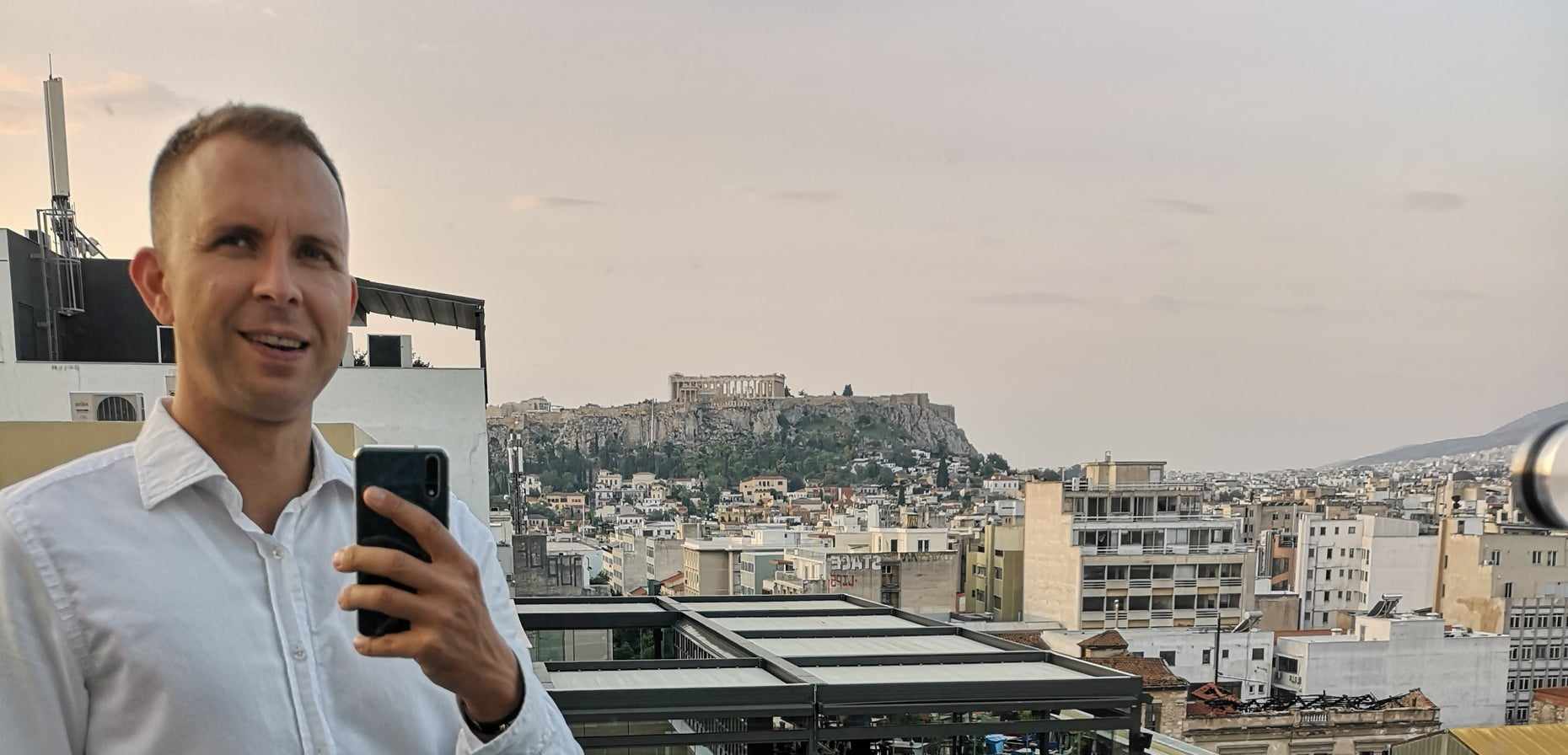
Frequent traveling for business is eye-opening in various respects and has made me sensitive for hospitality trends and social trends. During this post-pandemic year, my hospitality advisory work and a new hospitality research study (release in late autumn 2023) brought me to a variety of remarkable places in central and southeast Europe, with more than 100 overnight stays in Switzerland, Italy, Austria, France, Slovenia, Croatia, Bosnia-Herzegovina, Kosovo, Albania, Greece and, of course, also in my home country Germany. Let me share my personal discoveries with impact for the future of the hospitality industry.
The trend towards more sustainability and urbanization has resulted in a growing demand for city center properties. Since space is limited and demolition in combination with new development is often too expensive and/or contradicts the zeitgeist, creative property reuse concepts are needed, especially around historic and listed properties that are matching the growing expectations of travelers. Let me highlight two remarkable hotels that I discovered and also stayed at:
Since September 2023, the iconic Fresh Hotel in the dynamic and uprising Psiri neighborhood in Athens, Greece, has combined their 2004 nucleus modern building with its neighbor building of neoclassical architecture. To this end, the former historic Pindaros Hotel was completely restored and transformed (architectural lead: Paola Navone) and now hosts the central lobby for the two smartly interconnected buildings, a new restaurant and 15 additional rooms and suites, including a roof garden.
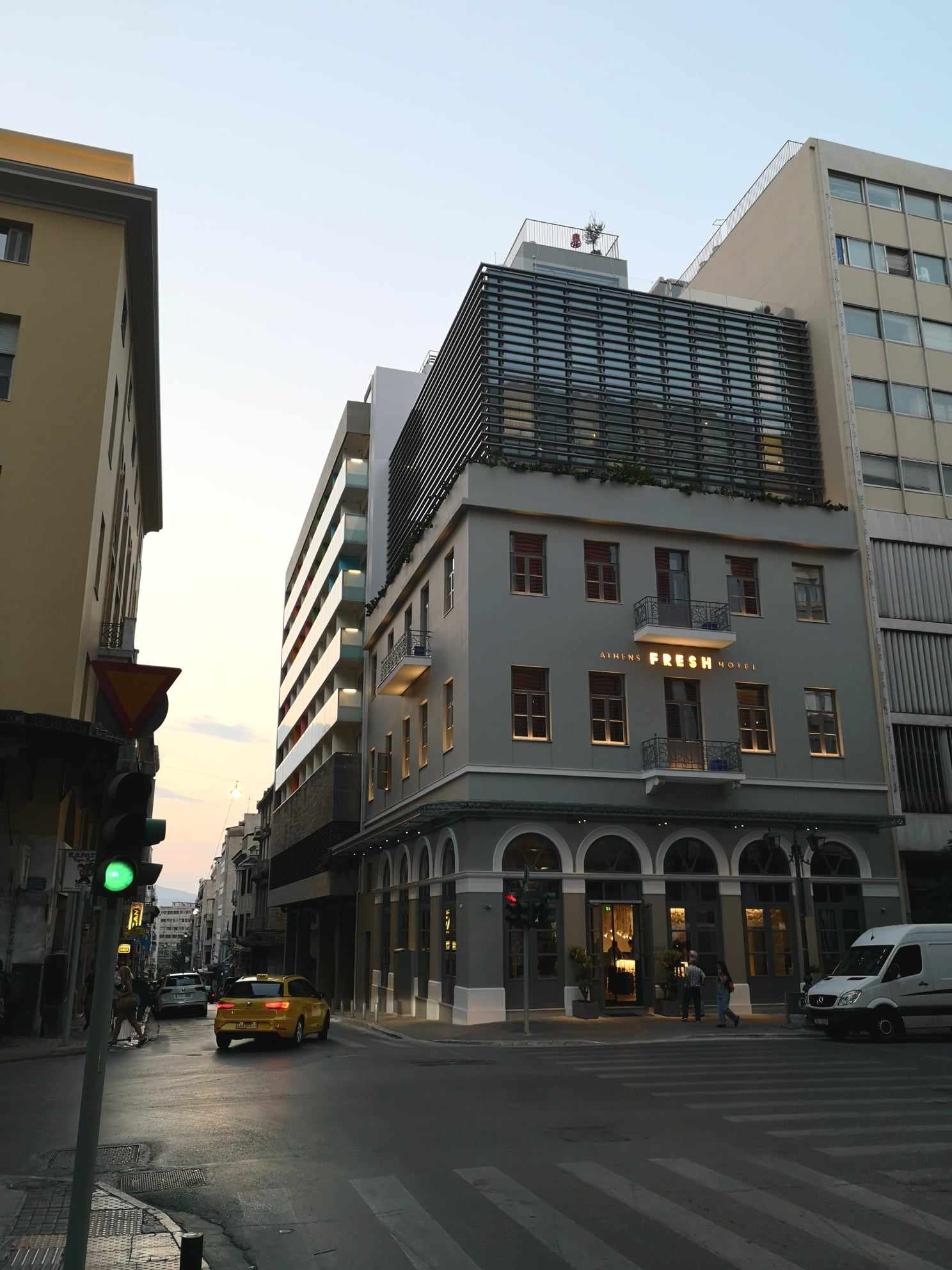
My second discovery that has very well transformed its building history is “the comodo” hotel, located in the renowned spa town Bad Gastein, Austria, which opened its doors in early 2023. The origin of the comodo is a 1960s hotel (“Habsburger Hof”), that later served as a sanatorium. The whole transformation took place smoothly, while only one structural wall had to be taken out, which minimized waste during the renovation. Under the design of weStudio Berlin (architects: Barbara Elwardt, Piotr Wisniewski), a linkage between contemporary alpine flair and 1960s/1970s design has been realized, leading to an impressive boutique hotel setting.
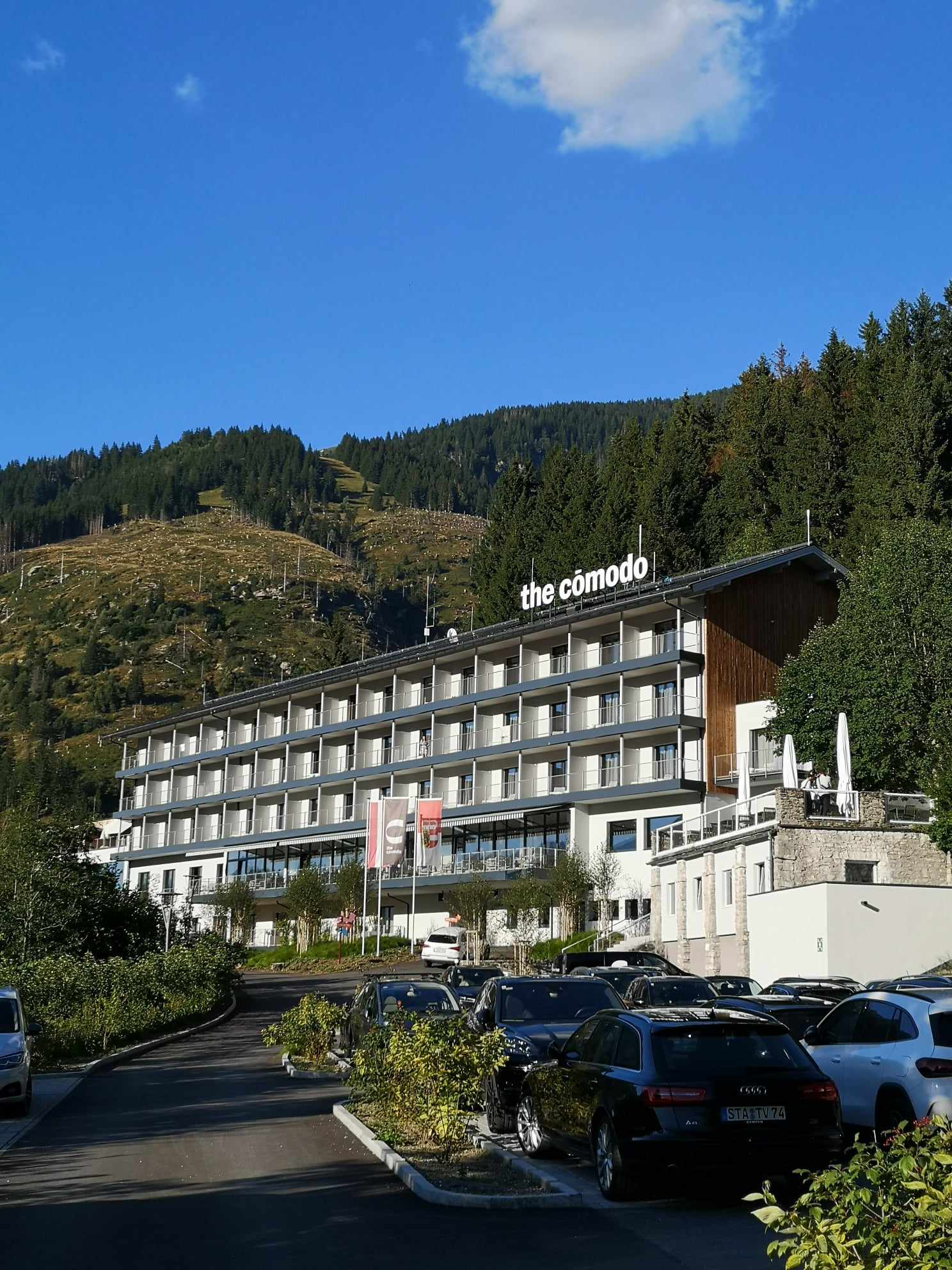
In Athens, the two top floors of the 1970s 25 stories high residential building “Apollo Tower” were completely transformed and re-vitalized for the public. Under the design lead of Stratos Chiotelis, “Deos”, a contemporary two-story all-day bar and restaurant concept with an open-air deck and an open-air pool, opened in May 2023. Deos offers a stunning 360-degree view over the city of Athens and creates a matching atmosphere during different times of the day. You might think that Deos is a foreign body for the Apollo Tower apartment building, but the opposite seems true. Deos has been infusing its spirit also to the public areas of the building. After completing their ongoing renovations, the new look and feel of the entrance and the lobby area will surely be a win-win situation for both residents and guests.
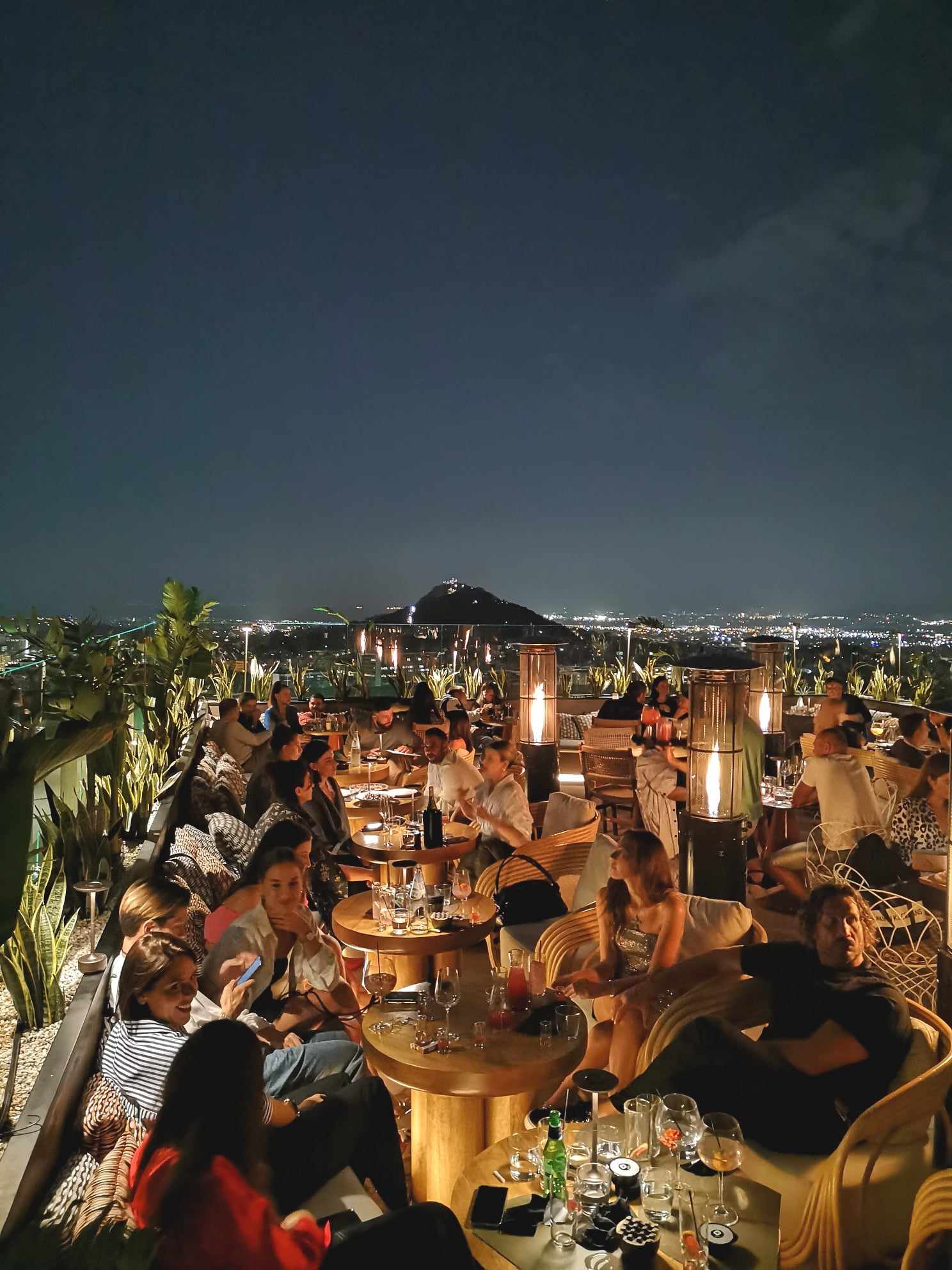
Relatively new in Europe is the integration of a hotel into a stadium complex. In Tirana, Albania, the Tirana Marriott has been attached to the Air Albania Stadium. Since early 2023, the hotel has offered both easy access to the arena, but also proximity to the city center of Tirana in walking distance. From a hotel perspective it is a very interesting move to be present to serve the ecosystem of competing teams. This presence can also help to decrease the dependency on other target groups (e.g. business travelers) and can help to improve occupancy rates, especially over the weekends, which is often a problem for city center hotels in non-touristic settings.

Shared facilities are quite popular among hotels if we think of hotel spas and hotel gyms that open their facilities and services also to external paying guests. But the fact that hotels of different brands are offering shared services to clients is relatively new. In Strasbourg, France, the AC Hotel and the Residence Inn Hotel (both opened in late 2022 under the same ownership) share one front office, a common breakfast area and even the same general manager. For many guests, it is a surprise that they have to transition from one part of the connected building to the other part to have breakfast or to check-in/check-out, but for sure it is to the benefit of the two hotels to realize efficiency gains by providing shared infrastructure and shared services. This approach might be an experiment for a limited time due to not finding enough talent for the newly opened properties, but for sure it also offers additional savings for the two properties: Think of savings in energy costs, cleaning costs, maintenance costs and, because of a shared breakfast area, also a limitation of food waste. From a guest perspective, a positive effect of these cooperation approaches is that guests of each hotel can also make use of the partner hotel facilities (e.g. rooftop lounge, bar, gym), without leaving the property.
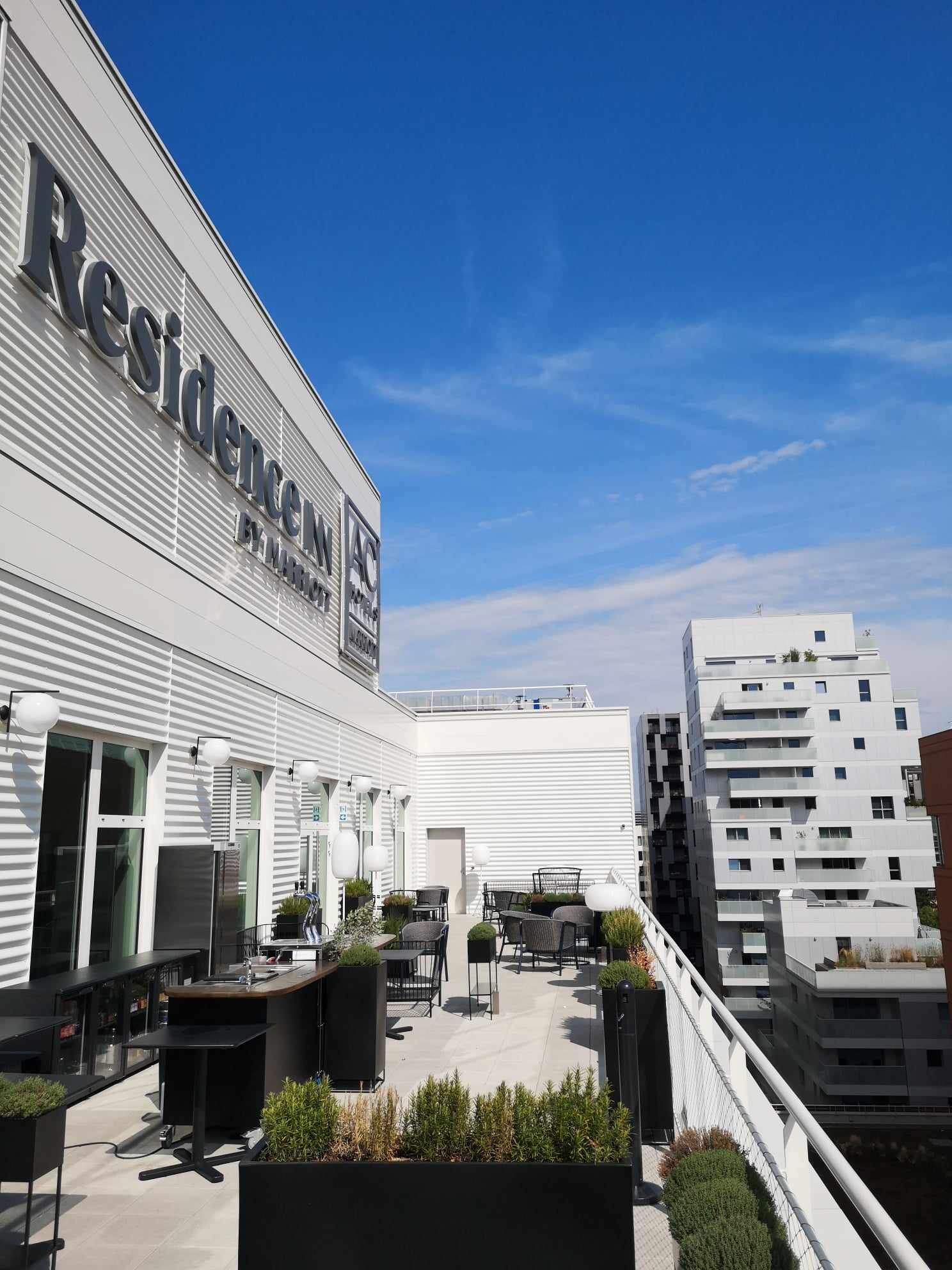
During my travels, I discovered another example for shared infrastructure and shared services on the Greek island Mykonos in the bay of Elia. There, the family-owned hotel group “Myconian collection” operates multiple luxury hotels, some of them branded under “Leading Hotels of the World” or “Marriott”. All those hotels share the same private beach and offer a frequently running shuttle bus service to this beach and to Mykonos town. In addition, guests can access all respective hotel restaurants during their stay or have their meals curated in a dine-around manner.

The saying “sharing is caring” seems to offer a lot of unused potential in hospitality when it is done in the right way. However, efficiency gains in operation need to be balanced with accurate service levels for guests and offers of complementing and compelling experiences in compensation for one or two detours or delays during their stay. Also, it needs to be avoided that centrally managed properties (e.g. managed by a complex hotel management) alienate themselves from the customer relationship. The management rule to standardize customer-remote functions while at the same time to differentiate customer facing functions should be taken seriously to find a good balance in service management.

Maybe it was a coincidence that my “Future of Hospitality” discoveries in 2023 all share a touch of “efficiency” flavor. After overcoming the pandemic, we live in turbulent times. We are facing a fragile economic climate with high inflation risks, geopolitical insecurities and a continuing shortage of talents. It is, without any doubts, obvious that hospitality businesses operate and will continue operating with a sense of caution. Bottomline, I am convinced that we will see a lot more efficiency initiatives, including shared infrastructure/services to secure the profitability of existing properties. For sure, we will notice many more smart developments that transform heritage properties in an environmentally-friendly and customer-centric way.
Wait, did I forget to mention digital? No, it is not always necessary to highlight the importance of digitalization. From the many talks I had with c-level managers in 2023, I noticed a kind of flattening demand for digital solutions. And, in one property I recently stayed at, the dependency of connectivity was so extreme that a complete internet failure caused severe problems for the whole property. So, what we will hopefully see in the future are balanced hybrid solutions.
Please reach out to: info@viable.design
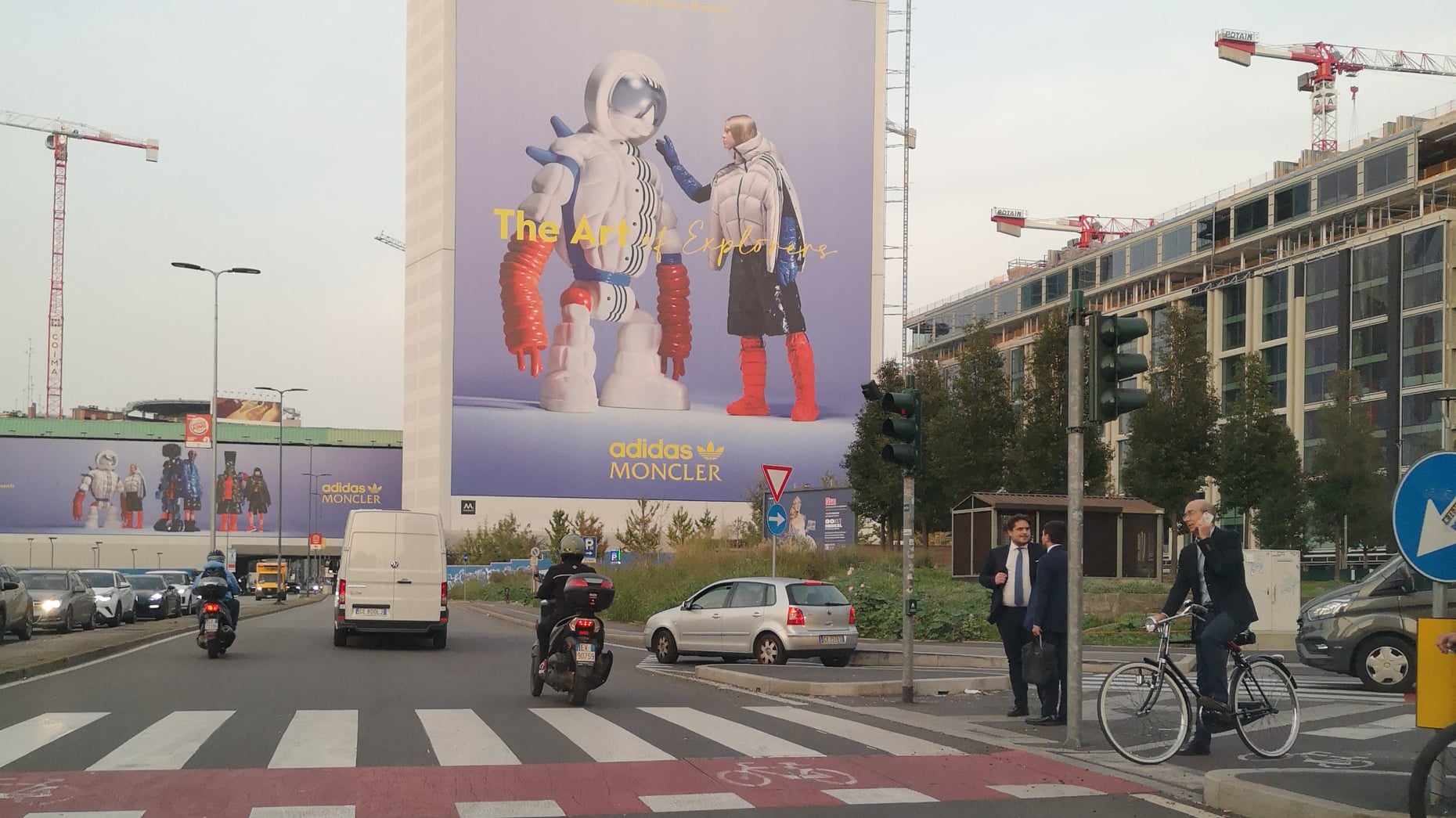
Author:
Detlef Schmidt (10/2023)
Photo rights:
Detlef Schmidt
Links to the mentioned properties:
share